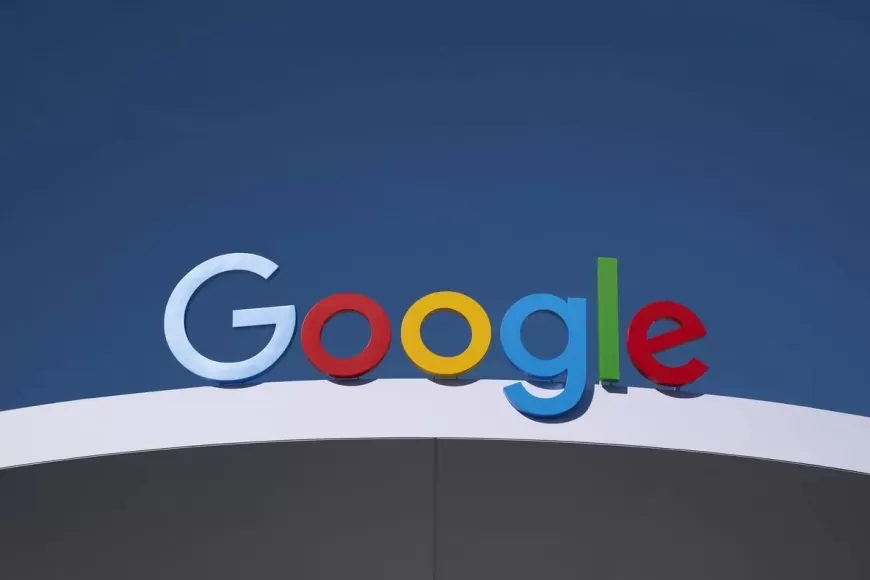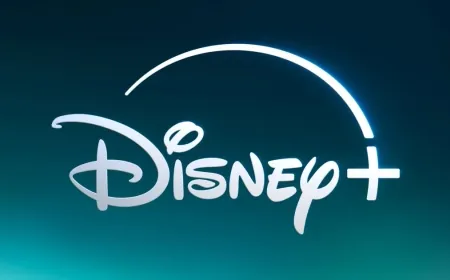Google Challenges Microsoft's Cloud Practices in EU Over Anti-Competitive Concerns
Google files a complaint to the European Commission, alleging Microsoft's unfair cloud practices with Azure. Learn how this affects cloud competition in the EU

Google has filed a formal complaint with the European Commission, accusing Microsoft of anti-competitive practices that limit customer choice and stifle competition in the cloud computing sector. The complaint, submitted on Wednesday, claims that Microsoft is using its dominant Windows Server operating system to pressure customers into using its own cloud platform, Azure, at the expense of rival providers.
Allegations of Unfair Pricing and Limited Options
Amit Zavery, Vice President of Google Cloud, highlighted that Microsoft imposes a 400% markup for customers who want to run their Windows Server software on competing cloud platforms, while this charge doesn’t apply if they choose to stick with Azure. This creates a significant disadvantage for businesses using other cloud service providers, such as Google Cloud or Amazon Web Services (AWS). Zavery also pointed out that users on rival cloud systems receive delayed and more limited security updates compared to those using Azure.
Huge Financial Impact on European Businesses
In its complaint, Google referenced a study conducted by the cloud services organization CISPE, which estimated that European businesses and public sector entities pay up to 1 billion euros ($1.12 billion) annually due to Microsoft’s licensing penalties. This financial burden has raised concerns about the fairness and competitiveness of the European cloud market.
Previous Antitrust Complaints and Settlement
Earlier in July, Microsoft settled an antitrust complaint over its cloud computing licensing practices with CISPE, reaching a 20-million-euro deal that avoided a full EU investigation. However, the settlement did not include key competitors like Google Cloud Platform, Amazon Web Services (AWS), and AliCloud, drawing criticism from Google and AWS for not adequately addressing the broader issues of competition.
Microsoft's Response to Google’s Complaint
Microsoft responded to the complaint by stating that they had already resolved similar concerns raised by other European cloud providers. A spokesperson for Microsoft claimed that Google had failed to persuade European businesses of their stance and predicted that they would also fail to convince the European Commission.
The Battle Over Microsoft Teams and Azure Lock-In
Google argues that Microsoft is employing similar tactics with its Teams collaboration app, bundling it with other Microsoft services to lock customers into using it even when they might prefer other alternatives. Zavery emphasized the urgency of the issue, stating, "The time to act is now," warning that if no action is taken, the cloud market will become increasingly restrictive.
Google Calls for Regulatory Action
Google is urging the European Commission to step in and investigate Microsoft's practices, emphasizing the need to end what they call "vendor lock" and ensure a level playing field for all cloud providers. "We are asking the European Commission to act now," Zavery stated, stressing the importance of allowing customers to have more options and maintain competitive choices in the cloud market.
The Growth Potential of the Cloud Computing Market in the EU
The cloud computing industry in the EU is expanding rapidly, with growth rates of around 20% annually. However, a McKinsey study from April revealed that two-thirds of EU companies still have less than half of their workloads on the cloud, suggesting significant potential for future growth. Google argues that Microsoft's actions could limit this potential if allowed to continue unchecked.
Key Points for Understanding the Dispute:
-
Google alleges Microsoft is exploiting its Windows Server dominance to push customers toward Azure.
-
European businesses reportedly pay up to 1 billion euros annually in licensing penalties.
-
Microsoft settled a previous antitrust complaint but excluded competitors like Google Cloud and AWS from the agreement.
-
Google is urging the European Commission to investigate and take action against Microsoft's practices.
As this dispute unfolds, it’s clear that the outcome could have significant implications for the future of cloud computing competition in the EU. Businesses, cloud providers, and regulatory bodies will be closely watching how the European Commission responds to Google’s call for action.
Also Read: Sundar Pichai Launches $120 Million Fund to Help Everyone Learn About AI
































































